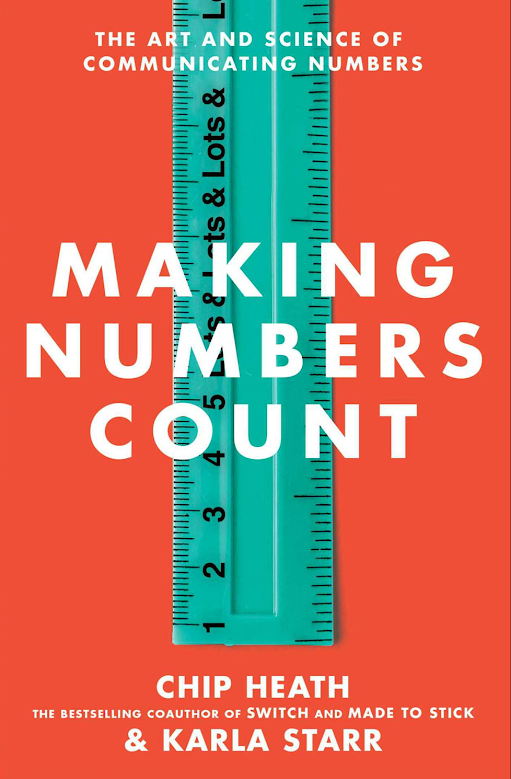Once again, she visits quite often, Dame Insomnia dropped by my queen-sized bed last night. Rather than toss about like a beluga whale in a tempest, to shunt her away, I opened up my Kindle app and plowed through to the finish of yet another book I was reading.
Reading for me is many things. When I'm on my high, hoity-toity horse, I call it my "restorative niche." I shut off the world--whatever is annoying me or oppressing me or chasing me like a Crusader after a heretic--and I escape to second century Rome, or a pirate ship laden with chopped chicken liver, or into the protozoa that eventually grew into life, as we know it, on this dying planet.
Reading is also a competitive edge. I'm averaging, during these benighted Dark Ages 2.0 days, more than a book a week. And despite the pointed allegations of my wife that I read the non-fiction equivalent of an Archie Double Digest, or the barbs from other friends that I read the same book about the Holocaust over and again, I read eclectically and somehow--whether I'm reading about Josiah Wedgewood, "the Radical Potter," or life when the world was lit only by fire, I find lessons and guidance for life today.
Reading is like carrying around various geniuses as friends. I have discussions, glean perspectives and I am given prismatic lenses that allow me a view of the world that lets me look at everything through little refracted bugs' eyes. I don't accept anything. I try to look at things in as many ways as my brain can. And if that's not the definition of training yourself to be a creative thinker, I don't know what is.
Five decades ago when I was a sullen teenager, as opposed to a sullen old man, my father phlegmed to me, "the world's smartest people read The New York Times' book reviews." That got me into a habit that abides to this day--when there are no bookstores. Adding to it, along the way, The Wall Street Journal's excellent book section, and the dozen or so reviews a week friends from around the world send me.
In fact, I challenge you to do the same. Try it for a week. If you're not, after a week, a more thoughtful, less compliant, more subversive and interesting person, I'll refund all the money you spent for this advice.
The book I read last night was "Making Numbers Count: The Art and Science of Communicating Numbers," by Chip Heath and Karla Starr. You can read, if you can elude the pay-wall police, a review from The Wall Street Journal here.
Here are just five simple examples from a book filled with dozens. Each one is about making information interesting, exciting, memorable and usable.
I don't know why that's stayed with me almost 50 years. And I don't know why we no longer, in our industry or anywhere else, work hard and respect readers and their intelligence enough to do that sort of elementary mathematics.







No comments:
Post a Comment